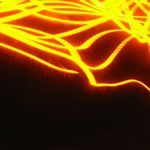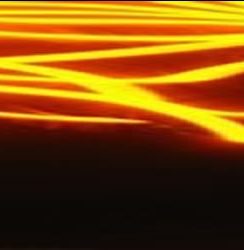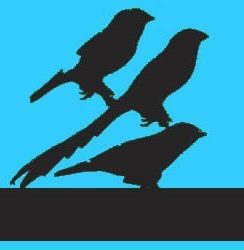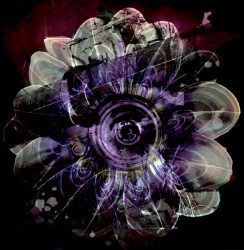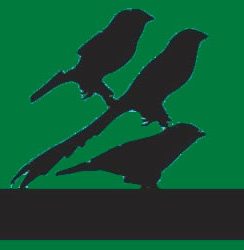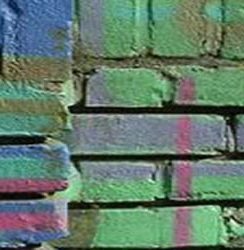A few years ago, ‘Ambient Music‘ used to be almost synonymous to ‘Electronic Music‘ in regards of instruments chosen and production process.
But gradually, acoustic instruments crept in, maybe as a reaction to laptop concerts proving to be quite boring – throw in a ‘real’ musician playing a ‘real’ instrument (cello is favourite for its sound) and any live show is far more interesting to watch.
A lot of this music can hardly be called ‘ambient’ any more. Some of it is modern classical music, some of it has firm roots in ethnic folk music or even folk psychedelica…
Enter Solo Andata. Australian duo (Kane Ikin and Paul Fiocco), creating great ambient soundscapes which are as much ‘electronic’ as they are ‘acoustic’, still definitely also ‘ambient music’.
Their second album (Solo Andata) is released on the 12k label, mastered by Giuseppe Ielasi and with cover art by Taylor Deupree. Any more recommendation needed?
